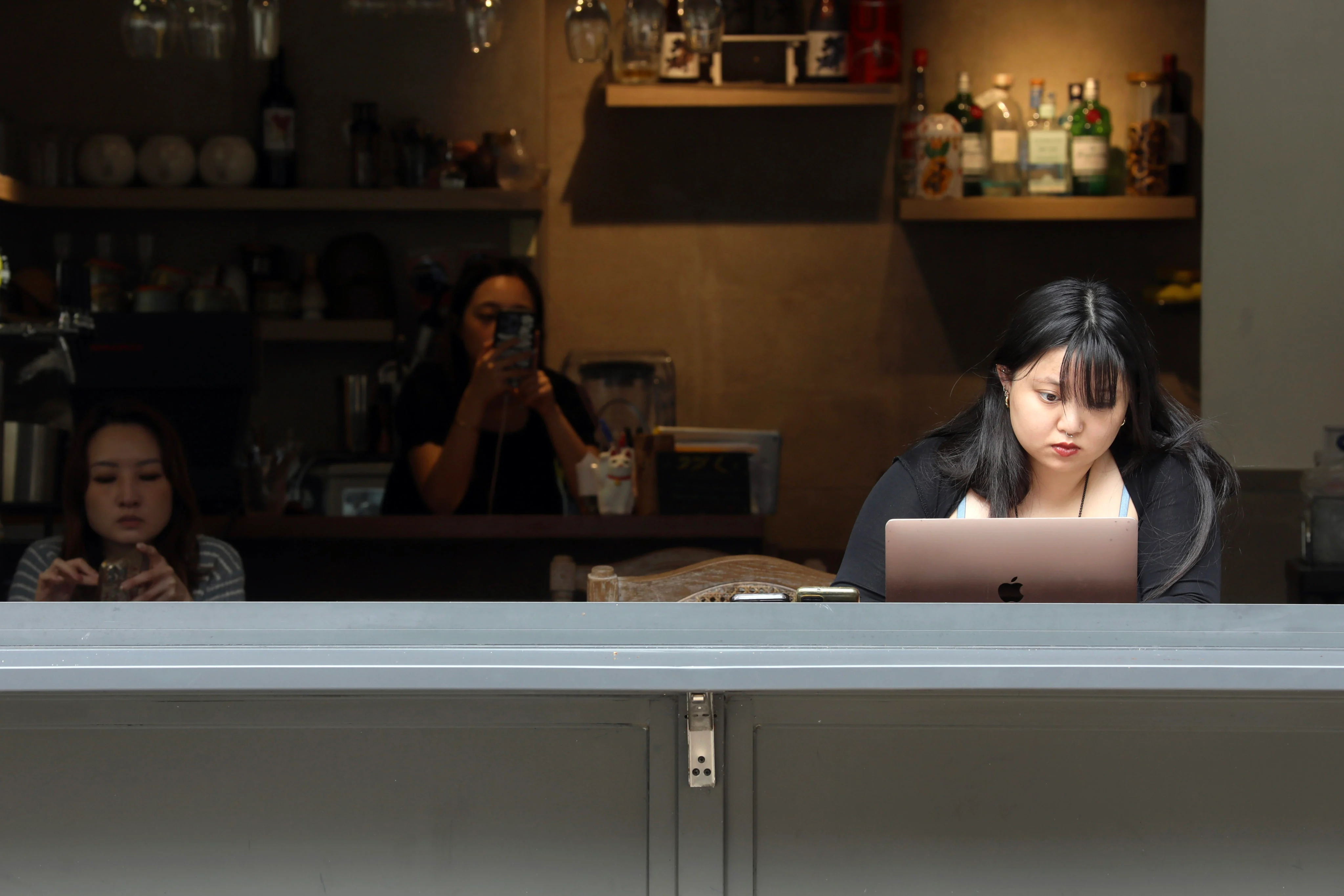By Angel Woo,Harvey Kong
Copyright scmp

Most people may be familiar with the unwritten norms of workplace etiquette, but a company in Hong Kong has decided to offer courses on office manners, including tips on dress codes and body language, for the “digital natives” of Gen Z.
Online platforms have been buzzing with discussions about the work culture of Gen Z people born between 1997 and 2012, who grew up in the internet age and were forced to attend school classes online during the Covid-19 pandemic.
On Threads, one user who identified as a millennial – those born between 1981 and 1996 – described the struggles of managing Gen Z employees.
“I have encountered some challenges when it comes to managing Gen Z [employees]. Some told me they cannot imagine not being able to work from home, while some said they do not want to get promoted but want to find meaning from work,” he said.
“I don’t want to generalise Gen Z, but can any Gen Z tell me, what are you looking for in your career?”
One Gen Z user replied, saying that “work should not occupy [one’s] entire life” and it was meaningless to be loyal to any single company.
“Get a promotion and have a clear career path? Stop kidding. I witnessed the financial crisis when I was a child,” the user wrote. “Companies either restructured or laid off their staff so it is meaningless to stay loyal to a company. Also, every company chooses to lay off their staff at the middle level first. Why would I want to get promoted to the middle level just to get fired?”
Another user explained that their generation had grown accustomed to working from home after attending online school classes during the Covid-19 pandemic.
“I am a Gen Z born in 1998. We became used to online classes during the pandemic and it is not worth paying the transport fees to go to work. I do not work to support the businesses of bus and train companies,” the user wrote.
The attitude of Gen Z employees towards workplace culture prompted international exhibition organiser Informa Markets to offer business etiquette courses to its staff from that generation.
It began offering the courses last year after it started to hire graduate trainees and saw that the young employees needed help transitioning to working in an office environment after the pandemic.
“Covid really had a huge impact on our colleagues of this age group,” Jolly Lam, a talent development manager at the firm, said.
“If you think about it, they almost did not have to interact with other people at all during their studies; they only interacted with others through Zoom. They also had very few opportunities to take on in-person internships due to the pandemic.”
Lam said growing up as “digital natives” and the reduced in-person interactions during the pandemic made it difficult for members of Gen Z to learn about workplace etiquette.
According to Lam, the items covered in the course included dress codes, body language in business interactions and even how to communicate verbally with clients and colleagues.
For example, Lam pointed to younger female staff not being able to grasp the difference between dressing fashionably and professionally, with some employees thinking they could wear crop tops to meet with clients.
“Gen Z employees felt they were very well-dressed and would meet their clients this way, but this is not appropriate,” she said.
Lam noted that while the company and its Gen Z staff found the courses to be effective, there were also instances in which employees pushed back against what was taught in the class.
“After we finish our lessons, they will tell me what they agree or disagree with,” she said.
“At the end of the day, we are looking at the result, which is whether they can build trust with clients. If they use their own methods and can explain why they did it, and establish a good relationship and communication with their client, I would respect my colleagues’ approach.”
Andy Luk Kwok-kwan, vice-president of the Hong Kong Institute of Human Resource Management, said he could not confirm if there was a trend of companies offering workplace or business etiquette courses for Gen Z staff, but noted there had been a gradual shift in office culture as different generations entered the workforce.
“Back in the day, it was task specific,” he said. “For instance, as salespeople would meet clients, we would teach them certain skills. For those who needed to engage in business meals, we would teach them dining etiquette. It was very functional.”
But Luk said that today’s etiquette training was based on employees’ age rather than role as a result of the pandemic and the habits of young people, with firms now rethinking the content and objective of these courses.
With the retirement of older generations and the increasing numbers of Gen Z people entering the workforce, firms had to be ready for these individuals, but whether to hire them was ultimately a decision they had to make for themselves, Luk said.



